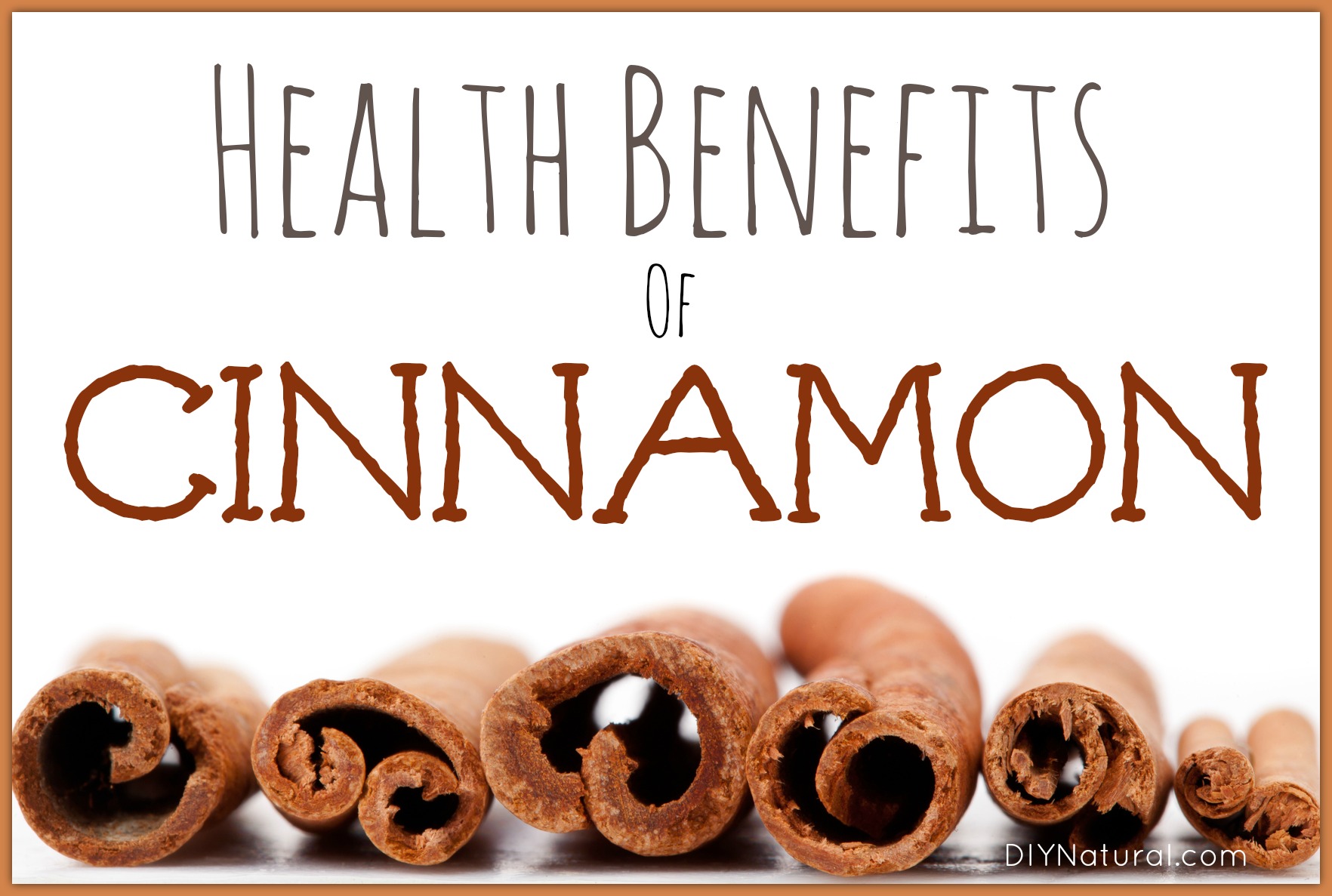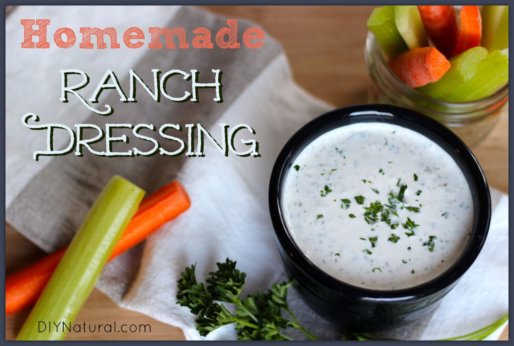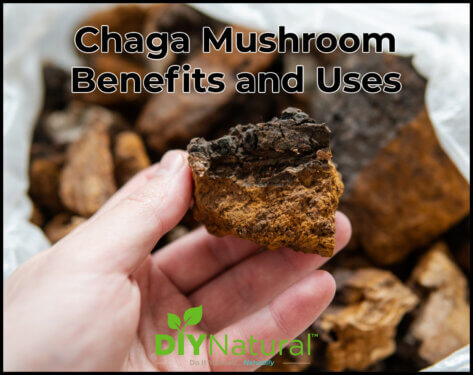
There is an email that goes around a few times a year listing all the miraculous health benefits of cinnamon. I know when it makes the rounds because just about everyone on my email list likes to forward it to me. My father got it a few years back and started using honey and cinnamon mixed together as a health tonic for his arthritis. It prompted him recently to ask me if there was a difference in which cinnamon people chose. He wanted to know if anything in the email was true.
Yes! Cinnamon can be just as amazing as the Internet makes it out to be. Yes! It matters which type of cinnamon you use for a supplement.
Different Types of Cinnamon
Most people think cinnamon is cinnamon. They are used to buying either the powder or the sticks at any local grocery store. Few look at the latin name on the jar or care what it is.
Cassia Cinnamon
Most of the cinnamon that is found at the store is actually Cinnamomum cassia or Cinnamomum burmannii. Cassia is used in commerce because it is sturdy and doesn’t fall apart. It is easy to keep the sticks from breaking and grinding your own cinnamon with cassia isn’t a maddening mess. Cassia has a robust, spicy, warm flavor.
(Find organic cassia chips, powder, or sticks here.)
True Cinnamon (aka Sweet or Ceylon)
True cinnamon is also called “sweet” cinnamon. It is rarely found in stores unless you visit a specialty spice retailer. Sweet cinnamon goes by the latin name of Cinnamomum verum or Cinnamomum zeylanicum. You might also have this in your cupboard labeled as Ceylon cinnamon, but be careful to check for the latin name regardless. True cinnamon is very fragile. It often comes in chips because sticks simply don’t hold together very well. Grating it would be next to impossible, so instead it is best to run the chips through a coffee grinder for fresh cinnamon. Where cassia is rich and spicy, true cinnamon is sweet and light.
(Find organic sweet cinnamon chips, powder, or sticks here.)
Which one should you use?
Both cinnamons contain beneficial compounds. You may look at the impossible list in your email as a combination of what each variety can do separately. In a cursory glance through the plant research being done on cinnamon, it appears that cassia has more studies on the reduction and control of blood sugar while true cinnamon is being used more often for its anti-inflammatory properties.
As you head into holiday baking and making, you might consider which cinnamon you want to use. How cool is it that you can tailor your meals to the health needs of your guests by changing the variety of the cinnamon you use?
Health Benefits of Cinnamon
- Anti-bacterial – It is especially good for combatting food poisoning caused by E. coli.
- Anti-inflammatory
- Stimulant- It is a safe stimulant that does not contain caffeine.
- Improves circulatory health
- Cinnamon has compounds within it that keep our platelets from sticking together. This prevents improper clotting.
- Cinnamon improves the condition of the blood, helping to reduce cholesterol.
- Improves digestive health
- Cinnamon can be used to settle an upset stomach.
- Improves respiratory health
- Cinnamon can be helpful in a cough formula to reduce a fever and to reduce congestion.
How about you?
Which cinnamon do you have in your cupboard? Are you inspired to try another kind?
*******




Hi,
The cinnamon in the picture on top of this article is the Cassia variety. Differentiation is via the much finer texture for true (ceylon) cinnammon.
Cassia contains a considerable level of coumarin (much higher) which is a toxic substance.
Therefore this cinnamon (cassia) should be avoided if more than relatively small amounts are taken. The following link relates to an article from a qualified doctor.
https://www.drfuhrman.com/library/choosing_the_right_cinnamon.aspx
In the interest of sharing accurate information:
http://www.snopes.com/science/microwave/plants.asp
Cinnamon is good for health but for people with low blood pressure it seems unsuitable. how about you?, thanks 🙂
We are cautious about cassia cinnamon because of the risk of liver damage, especially in young children (https://www.drfuhrman.com/library/choosing_the_right_cinnamon.aspx). Our family eats a lot of cinnamon. We love the fragrance and flavor of ceylon cinnamon!
My sons use honey/cinnamon in a hot water drink to zap a cough !
This is good info. I don’t cureently know what kind of cinnamon I have in my cupboard (bought from Penzey’s Spices) but it works it’s magic when mixed with honey. I use it when I get a sinus infection and within 2 days the infection is completely healed. I trust it over prescription meds!
I use about a teaspoon of raw local honey and a 1/4 teaspoon of ceylon cinnamon in my morning coffee. I used to have sinus headaches almost daily and haven’t had one since I started the honey and cinnamon regimen!! Also, my blood sugar was elevated and my doctor wanted me to go on medication, which was what originally led me to the honey and cinnamon concoction, and based on how I feel, it seems like my blood sugar has leveled out as well. I love finding natural solutions. Thanks for the great information, it is always helpful.
Do you find that the cinnamon floats to the top of whatever hot drink you are mixing it with?
It does float to the top of my coffee initially, but I just stir it up and it mixes in. I do notice that there is a bit left when I am nearing the bottom of the cup, so I usually swish the last sip or two around to make sure I get all of the cinnamon and its magnificent benefits.
My husband drinks cinnamon and honey as a tea when he has chills or upset stomach. He just will say that he likes it and his mom used to make it for him. Now I know why it’s so good 🙂 I didn’t know there were two kinds. Good information. Thank you!
How do you suggest taking this?
The possibilities are endless! However you like to eat your cinnamon will do.
I am diabetic honey has sugar does it affect blood sugars?
You should count RAW honey as part of your daily carbohydrate intake. It is still a sugar, even though it is a natural one, so it should be managed as such. As long as it is raw it is known to enter the bloodstream slowly and not cause a quick spike in insulin.
I bought organic Siagon cinnamon? Which is that?
You’ll have to read the package, I couldn’t be sure going by a common name.
I use Saigon Cinnamon as well. It is also known as Vietnamese Cinnamon. I find the flavor is richer and it can be spicier (read: hotter) than the other varieties. I understand it is most related to the cassia cinnamon. If true, then are the health benefits similar as well?
Also known as Cinnamomum loureiroi.
I don’t know that there are any studies that I could refer to on the specific properties… I’ll have to look a bit. I would say that if it is most closely related to C. cassia, then it’s quite possible it has similar properties.
My husband, daughter and I , have been drinking in the morning and evening 1 teaspoon of honey , half a teaspoon of cinnamon !! I have arthritis and the results are amazing when I miss a cup of oour concoction in hot water microwaved for 1-2 minutes I can feel a big difference !!!
You may want to rethink warming your water in the microwave. I read about a study where they heated water to boiling in the microwave and water on the stove. After the water cooled they used it to water identical plants. After a few days the plants that were watered with the microwaved water died. And the plants watered with the water heated on the stove thrived. There is an electric “tea pot” called a Hot Pot by proctor Silex that heats water almost as quickly as a microwave.